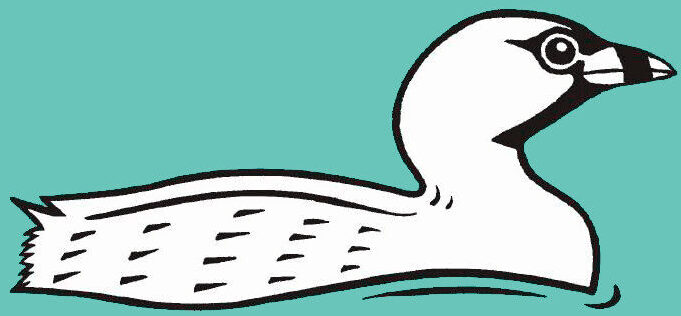The Wren and Chaffinch were our first species and proved to be (apart from Woodpigeon) the most abundant birds. Our ‘new-kneed’ organiser joined us eleven walkers for the first half mile, walking well since his operation. Before the hill, Robins and House Martin were spotted, House Sparrows called from the roofs and the view from the hill top as ever was most uplifting, but no raptors circling or other hirundines / swifts had arrived to herald the start of summer. The first of the Chiffchaffs sang, as did the many Blackbirds as we walked through the woods, a Blackcap pair showed superbly as they went about their spring goings-on, and a Song Thrush broke into his thrice repetitious song. Down at the lake a sign said that green algae was in evidence, so ‘no fishing’. Of course, without anglers, the Grey Heron was present with three Mallard. Up along the old rail track (now a posh cycle route) Goldcrest was seen and our first Mistle Thrush, and a Coal Tit balanced head down, feeding voraciously. Along the route of the Coal Canal we spotted five or six Mistle Thrushes congregated in one bush, chuckling together – migrating birds or just mingling? Now we had to climb back up South Stoke hill and on the first pitch a sharp-eyed walker found Bath Asparagus growing along the edge of the lane. The final incline had Swallows skimming over the grass! The special bird of the day, a single Treecreeper, was seen finding its living foraging on the Bath stone of the 3m high wall of School House, which gave us a final count of 34.
Nick & Annie Hawkridge
